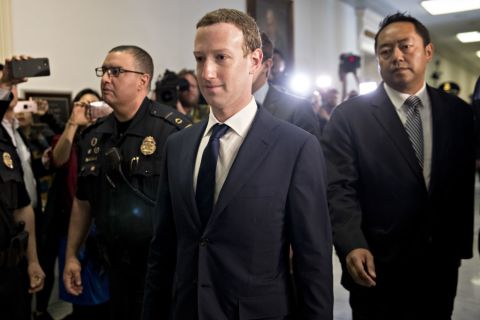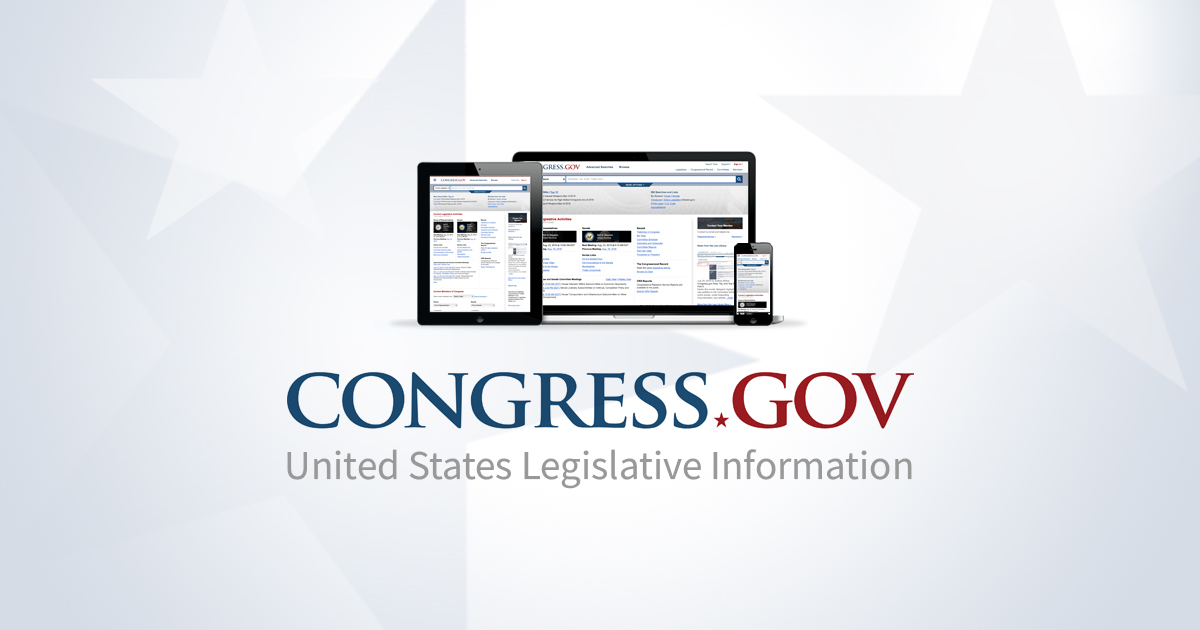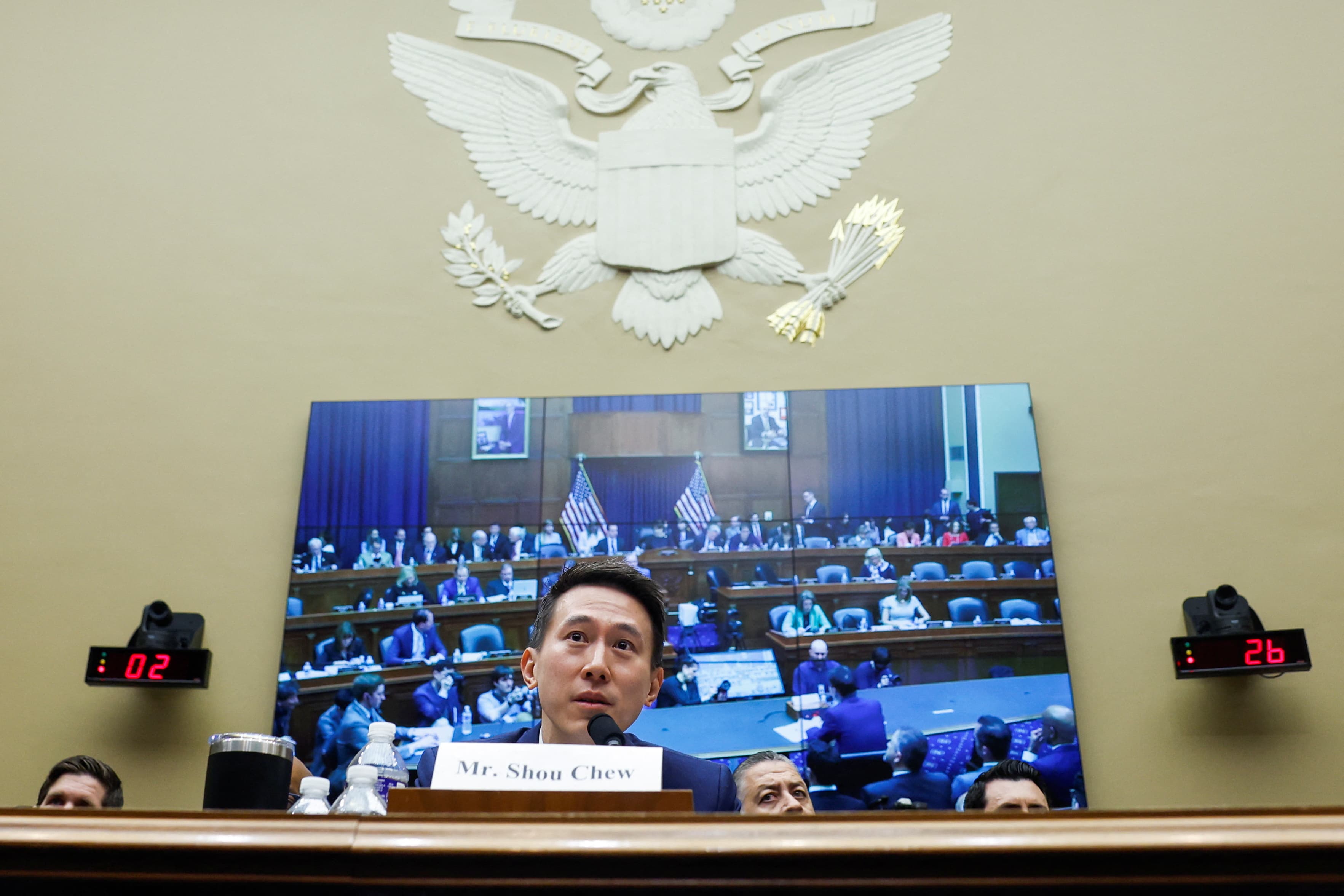Social Media"s Grip on Civic Engagement
Social media platforms like Facebook and Twitter are not just tools for communication; they are powerful entities that shape public perception and civic engagement. Researchers have found that these platforms can hijack democracy by steering users toward specific ideologies and misinformation, undermining the very fabric of informed public discourse. According to a study, social networks have a profound impact on how individuals think and engage with political issues.
Legislative Inaction on Social Media Accountability
Despite the mounting evidence of social media’s detrimental effects on democratic processes, Congress has been slow to act. The Protecting Kids on Social Media Act, introduced in April 2023, aims to safeguard children by requiring age verification and limiting their access to these platforms. However, the bill remains in limbo, leaving millions vulnerable to manipulation and exploitation.

Live: Mark Zuckerberg testifies before Congress | CNN Politics
Corporate Oversight Remains Lax
The lack of regulatory oversight is alarming. Social media companies operate with minimal accountability, allowing them to prioritize profit over the public good. As reported by Congress, there is no comprehensive framework to regulate these platforms, which continue to thrive on data collection and the dissemination of harmful content.
Impact on Vulnerable Communities
The consequences of this regulatory failure are dire, especially for marginalized communities. Misinformation campaigns often target these groups, exacerbating existing inequalities and silencing their voices. Experts from Annenberg have highlighted how platforms can manipulate narratives and reinforce stereotypes, marginalizing those already at a disadvantage.

Text - S.1291 - 118th Congress (2023-2024): Protecting Kids on Social ...
The Water Crisis in Northern Ireland as a Parallel
Just as social media regulation lags behind the urgent need for accountability, so too does environmental protection in Northern Ireland. The Water (Northern Ireland) Order 1999 requires consent for discharging waste into waterways, yet enforcement is often overlooked. This mirrors the lack of stringent oversight in the tech industry, where harmful practices persist unchecked.
The need for comprehensive regulation is clearer than ever. As social media platforms continue to shape our public discourse and civic engagement, the absence of accountability becomes not just a political issue, but a matter of social justice. The time for action is now, but with Congress stalling, the question remains: who will hold these corporations accountable?

![[Video] Anti-ICE Protester Pepper Sprayed as CBP Agents Disperse Crowd in Minneapolis](/_next/image?url=%2Fapi%2Fimage%2Fthumbnails%2Fthumbnail-1768260677127-y71sb7-thumbnail.jpg&w=3840&q=75)

![[Video] Several injured as U-Haul truck drives through Iranian protestors in Los Angeles](/_next/image?url=%2Fapi%2Fimage%2Fthumbnails%2Fthumbnail-1768176682028-q95y6j-thumbnail.jpg&w=3840&q=75)
![[Video] Scuffle breaks out between Trump supporters and Anti-ICE protesters in Times Square](/_next/image?url=%2Fapi%2Fimage%2Fthumbnails%2Fthumbnail-1768165958203-hgcgb-thumbnail.jpg&w=3840&q=75)


![[Video] Gunfire between Iraqi security forces and Sadr militias in Baghdad](/_next/image?url=%2Fapi%2Fimage%2Fthumbnails%2Fthumbnail-1768343508874-4redb-thumbnail.jpg&w=3840&q=75)
